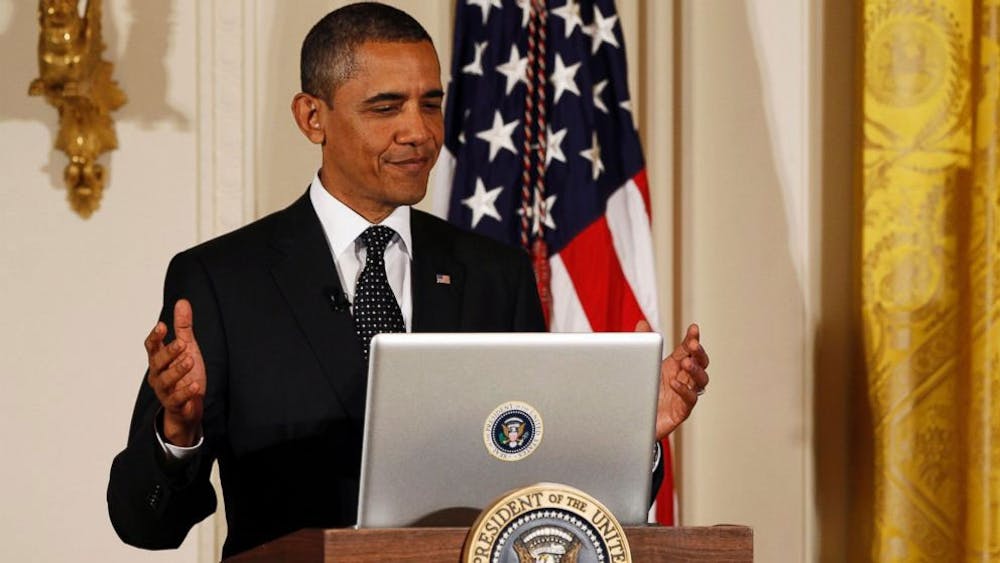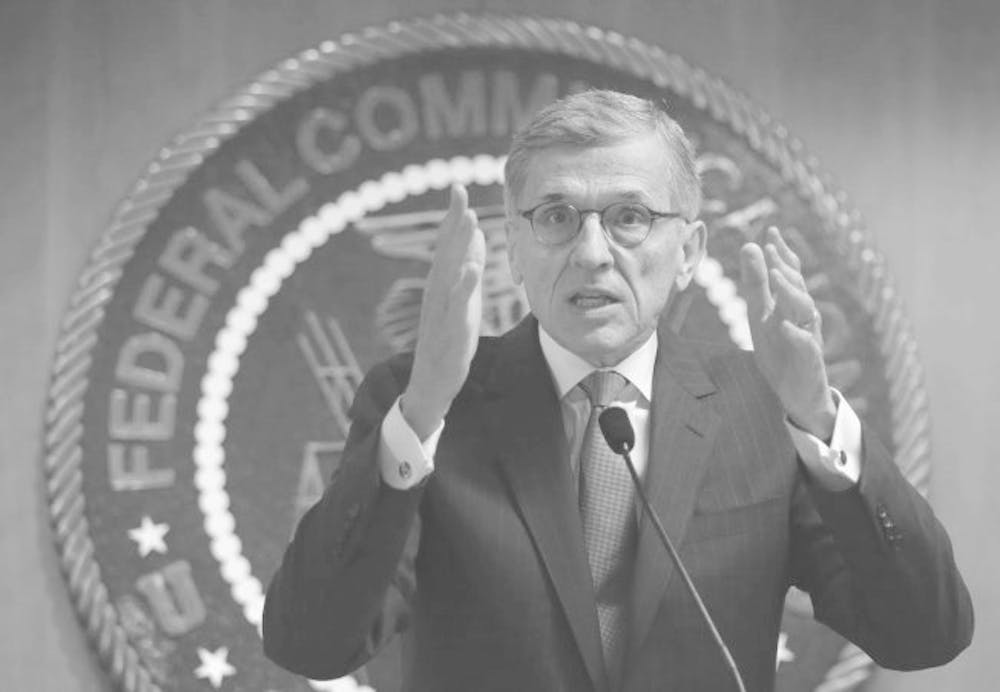By Patrick Neer | Echo

Feb. 26 marks the date when the Federal Communications Commission (FCC) controversially reclassified broadband Internet service as a public utility. Many smaller websites warmly welcomed the arrival of "net neutrality." But what does a neutral net mean? What impact will it have on the majority of Internet users in America?
By reclassifying broadband Internet service as a telecommunications service rather than an information service, Internet service providers now fall under Title II regulations of the Telecommunications Act, which treats such services as a public utility.
This reclassification is meant to ensure that the Internet is not divided into "fast-lanes," or special premium broadband services available to Internet and media companies that can afford it, and artificially throttled "slow-lanes" for the rest of consumers.
Tom Wheeler, FCC chairman, believes Internet access is too important to allow broadband providers to be the ones making the rules, The New York Times reported.
The vote passed 3-2 along party lines. Republican commissioners complain the new regulations are overreaching, vague and unnecessary.
"The Internet is not broken," Ajit Pai, a Republican commissioner said before the vote. "There is no problem to solve."
Republican commissioners worry the plan's expected regulations will stifle the Internet industry's continued growth, thus deterring further private investment. Michael Powell, a former Republican FCC chairman and now head of the National Cable and Telecommunications Association, expressed concerns that consumers would pick up the bill for new regulations.
"(Consumers will) bear the burden of new taxes and increased costs, and they will likely wait longer for faster and more innovative networks since investment will slow in the face of bureaucratic oversight," Powell said.
Wheeler dismissed Republican qualms about the potential economic ramifications. He believes the revenue stream of Internet service providers will not change, even in the face of regulations, Reuters reported.
Supporters of the reclassification, largely smaller Internet companies and startups, celebrated the FCC's decision as evening the playing field for Internet investment.
According to The New York Times, Michael Beckerman, president of the Internet Association, called the FCC ruling a welcome step in the efforts to create strong, enforceable net neutrality rules.
The reclassifying is expected to draw lawsuits from wireless, cable and broadband companies seeking to overturn the FCC's decision, Reuters reported.
The FCC's ruling will require Internet service providers to act in the public's interest, and its new regulatory power will allow them to level fines toward Internet service providers that are found to be acting unreasonably, Al Jazeera reported. The FCC reserves the right to determine the meaning of "unreasonable" in the future.
Much of the impetus for net neutrality comes from the lack of choices most Americans face when choosing an Internet service provider. According to a report by the FCC, 21 percent of Americans don't have access to broadband, which is defined by the FCC as any download speed higher than 25 megabits per second. Only 2 percent of Americans have access to more than one choice of broadband provider. The ruling's supporters hope it will prevent these monolithic broadband providers from exploiting their near-monopoly on high-speed Internet.
Al Jazeera analyst Steve Friess contends that the FCC's ruling marks a success for President Obama as well. Given Obama's early focus on Internet access as a fundamental right, he can consider this ruling another campaign promise fulfilled.
According to David Segal, executive director of activist group Demand Progress, the Internet service providers had it coming, Al Jazeera reported. He commented saying Comcast and their cable allies spent large amounts of money for the right to degrade the very service they provide to their customers, while also trying to ignore the millions of public comments in support of net neutrality.
"But they can't ignore the FCC's vote yesterday, Segal said. "This . . . is a message from the millions who stood up to one of the most powerful special interests in Washington: You can't ignore the Internet."




